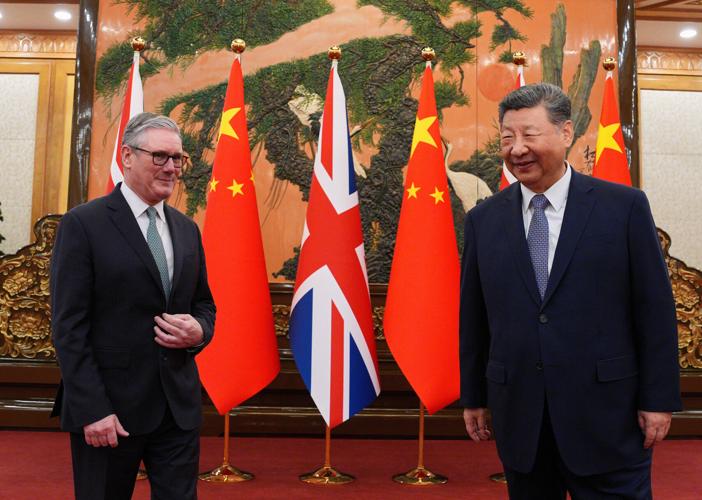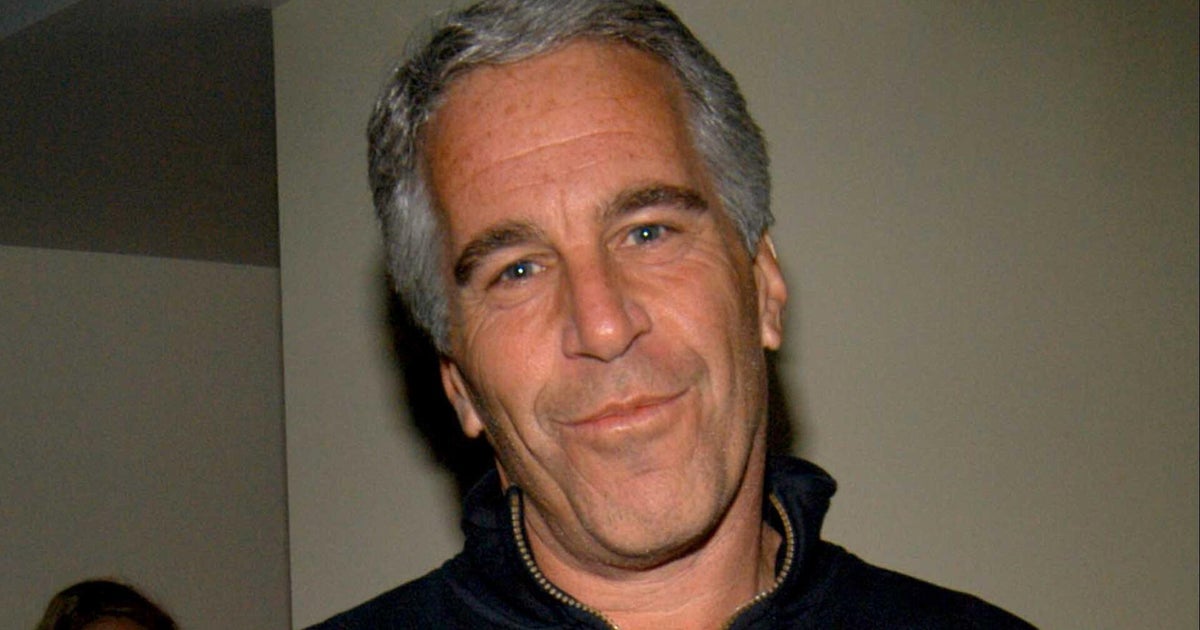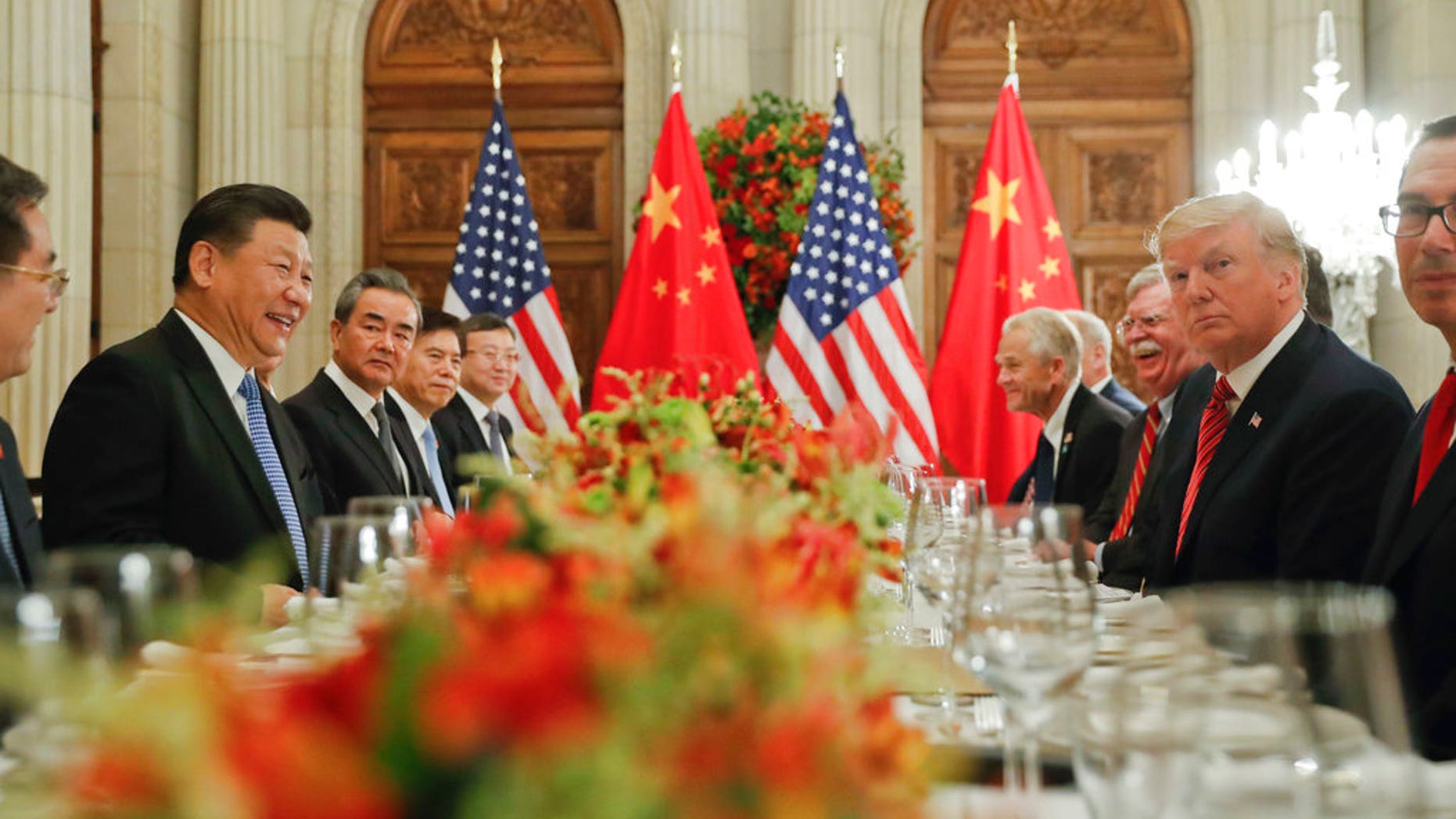Why Is France Trying to Block Everything? On September 10, 2025, much of France ground to a halt. Roads were blocked. Public transport was disrupted. Fires burned in the streets. Thousands gathered in city squares and on highways under one simple banner: “Bloquons tout” — “Let’s block everything.”
But what could lead a country known for its deep-rooted protest culture to take such a drastic step? Why are so many French citizens—from workers and students to farmers and retirees—trying to bring the entire nation to a standstill?
The Immediate Trigger: Austerity That Hits Home
The spark came in July 2025, when then-Prime Minister François Bayrou unveiled a sweeping austerity budget. To reduce the national deficit, his government proposed:
Eliminating two public holidays
Freezing pensions and social benefits
Cutting funds to public healthcare, education, and transport
The announcement was met with immediate backlash. Critics saw it not as a financial necessity, but as a direct attack on the everyday lives of working-class and middle-class citizens.
A Movement Without Leaders
What makes “Bloquons tout” so striking is its decentralized nature. It wasn’t started by a political party or even a union. Instead, it grew organically through social media, Telegram groups, and grassroots collectives.
There’s no official spokesperson. No single list of demands. Instead, the movement is united by one idea: if the government won’t listen, the country will stop.
As one protester in Marseille put it:
“We’re not asking anymore. We’re acting.”
Not Just Economics—But Politics and Dignity
While the budget cuts are the most visible cause, the anger runs deeper. Protesters cite:
A disconnect between elites and ordinary citizens
The lack of democratic accountability under President Emmanuel Macron’s administration
Rising cost of living without rising wages
A general fatigue with broken promises
In many ways, this echoes the spirit of the 2018 Yellow Vests (Gilets Jaunes) movement—but with even broader participation.
Tactics: Disruption as Language
The protestors chose disruption not out of chaos, but as a form of symbolic power. Their goal: make normal life impossible until the government listens. This meant:
Blocking roads, highways, and logistics hubs
Disrupting train stations and transport lines
Organizing sit-ins and flash protests in city centers
Refusing to go to work or spend money on the protest day
In short: if the state governs through routine, the people disrupt that routine.
The Government’s Response: Reshuffle and Repression
The political fallout was swift. Bayrou’s government lost a no-confidence vote and resigned. President Macron appointed Sébastien Lecornu as the new Prime Minister, signaling a reset.
But the repression on the ground was firm. Over 80,000 police and gendarmes were deployed. Hundreds were arrested. Tear gas was used in multiple cities. The Interior Ministry promised zero tolerance for “sabotage or violent blockades.”
Whether this crackdown will deter or inflame the movement remains to be seen.
A Nation at a Crossroads
So—why is France trying to block everything?
Because for many French citizens, blocking the country is the only way to be heard. Years of protest marches, petitions, and strikes have failed to produce meaningful change. Now, faced with policies they see as unjust and imposed without consultation, people are reaching for the ultimate democratic tool: mass civil disruption.
The question now is not just whether the protests will continue—but whether the government will finally listen, or wait for things to explode again.



